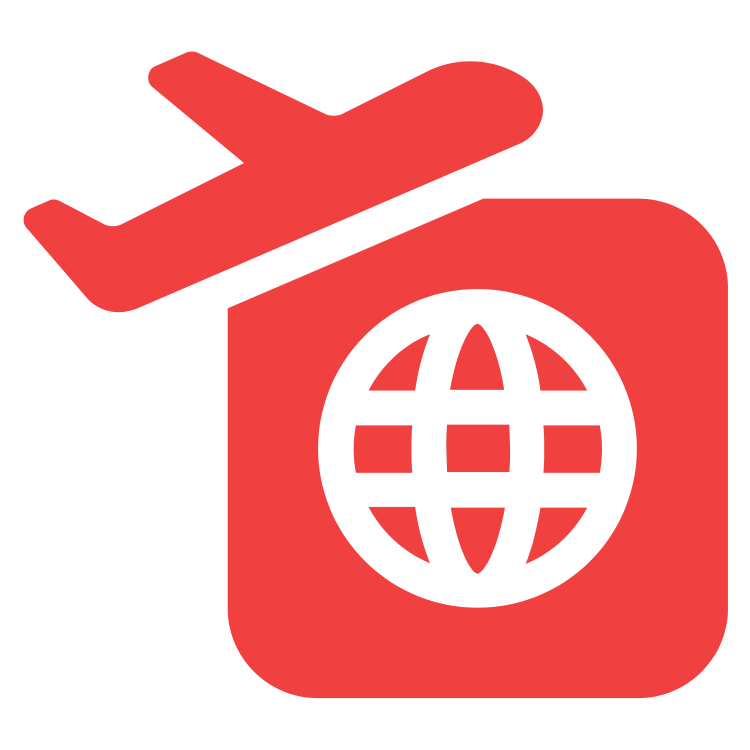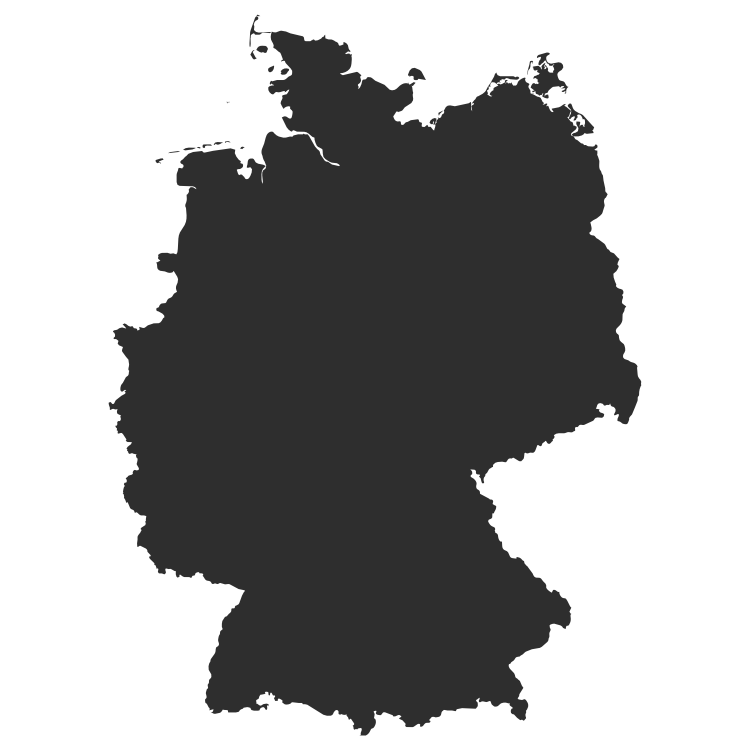If you’re a qualified professional looking for work in Germany, you’ll want to make sure that your qualifications will be recognised.
After all, there’s nothing worse than having your hard work amount to nothing in the eyes of a prospective employer!
What actually is foreign qualification recognition in Germany?
It’s the process of formally assessing a professional’s qualifications obtained abroad. This is necessary because not all employers will understand or accept whether a foreign qualification is equivalent to a local German qualification.
It’s also a prerequisite to entering certain professions in Germany.
If the qualification is deemed to be equivalent to its German counterpart, the professional is granted proof of equivalence by the appropriate German authority (or Anerkennungsstelle).
We’re here to guide you through the confusion!
If you require assistance with your qualification recognition, I would be delighted to assist you further. Just drop me an email with a detailed description of how I can assist you. I will then happily provide you with an individual quotation.
Which Professions Require Qualification Recognition?
Before diving into how to go about foreign qualification recognition in Germany, you should first know if you even need it in the first place.
In Germany, every regulated profession requires qualification recognition for foreign professionals.
- Regulated professions include (and this is not an exhaustive list):
- Medical doctor
- Nurse
- Lawyer
- Pharmacist
- Teacher
- Psychotherapist
- Food chemist
Without recognition of your qualifications, you cannot work in these professions in the same capacity as you could in your home country.
There are also “partially” regulated professions, such as engineer and architect: Here, using the title is regulated, but being able to legally work in a job in this capacity is not.
This means if you are an engineer or an architect, you may apply for jobs and work in Germany without having your foreign qualifications recognized, but you are not entitled to use the professional title i.e. you cannot put the letters before your name on business cards, letters or email signatures.
It’s easier for a degree holders in non-regulated professions
If you possess an academic qualification and the profession is non-regulated (e.g. business manager, linguist, biologist, sociologist), you don’t need to have your qualifications formally recognized.
Instead, these professionals should have their university degrees assessed for equivalence by the Central Office for Foreign Education (ZAB).
This process is altogether more straightforward than the recognition process for vocational professions or regulated professions.
Why?
Because the ZAB is a nationwide body that administers this, meaning there are no anomalies in the rules depending on which German Federal State is responsible, as is the case for the regulated and vocational professions.
Non EU or EEA nationals, be aware!
Finally, immigration law interlocks with recognition law, so be aware of this:
A third-country (i.e. non-EU or EEA) national wanting to exercise a non-academic profession in Germany can only receive a residence and work permit for Germany once their qualifications are recognized.
Even if you are pursuing a non-regulated profession (where generally a recognition is not mandatory) you still need recognition as a third country national.
Which Vocational Professions Don’t Require Recognition?
Now that we’ve established which professions do need qualification recognition, let’s address professions which don’t.
Electricians, beauticians, linguists, business managers – all of these are examples of professions in Germany that are not regulated.
You can practice a non-regulated occupation in the German labour market without recognition of your qualifications (unless, as mentioned above, you’re a third country national).
So, if you have a non-regulated profession should you just skip this whole qualification recognition process?
Well, not so fast.
Imagine the following: You submit your job application, you attach the important documents, then the German recruiters look at your application and have no clue what your qualifications are worth.
Will they go out of their way to research and understand your qualifications?
In honesty, no. They’ll probably just give the job to another candidate.
In other words, by not having your qualifications recognised, you are giving employers a ready-made excuse to ditch your application.
To make your qualifications transparent and understandable for German employers, it is still recommended to have them recognized – even if it is not legally mandatory.
Non-regulated professions with an academic qualification
Recognition law governs all regulated professions and all vocational training professions (regulated and non-regulated). You can have your non-academic qualification leading to a non-regulated profession (e.g. electrician, cosmetician) recognized.
Non-regulated academic professions (e.g. business manager, linguist, biologist, sociologist) are not governed by Recognition law.
Instead, these professionals may have their university degrees assessed for equivalence by the Central Office for Foreign Education (ZAB).
So, you have established that your profession does require qualification recognition, or perhaps you would just like to have your qualifications recognized before applying for a job in Germany.
What’s the next step?
Job Seekers - Boost your chances of success!

Looking for a job in Germany?
You need to have a stellar CV, cover letter and optimised LinkedIn profile.
Your international format CV won't cut it. Cover letters in Germany are also an art.
Our templates and my coaching for job seekers like you will help you to get more interviews!
How Do I Get My Qualifications Recognized?
So, you’ve established that you want (or need) to have your foreign qualification recognised in Germany.
What’s next?
Below is a step-by-step guide to getting your qualifications recognized.
1. Find the Competent Authority
The authority responsible for your qualification recognition depends on your profession (or rather: its German reference profession), and on the city or state where you plan to work.
So, if you are going to work in Berlin for instance, the authority in Berlin will be responsible for your recognition procedure.
If you’re a medical doctor, the authority will be the Medical Chamber (Ärztekammer) in Berlin, or if you are a craftsman it will be the Chamber of Craftsmen (Handwerkskammer) in Berlin.
Check out the German government website – in English – for foreign qualification recognition in Germany.
There you’ll find the so-called Recognition Finder. Enter your occupation in the search field to ascertain whether you need qualification recognition, and to find out which authority is responsible for your recognition procedure.
There are also counselling services that will help you identify the proper authority and answer any questions regarding the recognition procedure.
If you already are in Germany, then the IQ Network is the right service for you.
If you’re not yet in Germany? In eight countries the counselling service ProRecognition is localized in the Chambers of Commerce: found in Egypt, China, India, Iran, Italy, Morocco, Poland, and Vietnam.
2. Submit your Application
Before you submit your application, you should contact the competent authority to get counseling.
The exact documents particular authorities request may vary – the following is just for you to get some orientation during your research.
You’ll need an application form from the respective authority (again, the application form name may vary) which you have to fill out and sign.
Of course, proof of identity is also necessary. As is proof of your qualification (e.g. University degree, award of vocational trade qualification) along with any proof of work experience (e.g. job references) or proof of further training you’ve completed.
Your CV (in German language) is usually required as well as proof that you are planning to work in Germany.
For professional, certified translations, we recommend using the great service from LingoKing which can do this for you 100% online, without you having to phone or email lots of potential translators.
- Generally, the following documents have to be translated into German and authorized:
- Application form
- Your CV
- Proof of identity
- Proof of your degree certificate or vocational qualification
- Proof of relevant work experience
- Proof of any further academic or vocational training
3. Receive the Result
So, the responsible competent authority compared your education to the German reference position, and if there were relevant differences, the authority took into consideration your professional experience, which may compensate for any deficits.
Now it’s time to hear your results:
The best result is “full recognition”: The authority did not find relevant differences between your qualifications and the German reference qualification.
Your qualifications have been assessed as equivalent to the German reference qualification.
In case the authority found relevant differences, you’ll receive “partial recognition”.
In order to receive full recognition you need to make adjustments.
Partial Recognition – What to do
Partial recognition essentially means your education and experience fulfill certain requirements, but there are differences between your qualifications and those needed to do the job in Germany.
Differences might include a lack of theoretical knowledge or practical skills, a language proficiency deficit, or a lack of experience in professional practice.
In the official notification stating the result of a recognition procedure, the authority will outline an applicant’s individual qualifications and deficits.
The applicant may then complete adjustment measures in order to compensate for the deficits and obtain full recognition.
To illustrate this, let’s use a concrete example:
You are a nurse, coming from a country where nurses complete a Bachelor’s program. In Germany, one becomes a nurse by completing an initial vocational training (not a Bachelor’s degree), which is very practice-oriented.
The competent authority might decide that your university qualification is not equivalent to the German vocational qualification (even though you might have a broader theoretical knowledge).
The authority would then check your professional experience, which might compensate for the practical deficits of your university education.
If the authority determined your work experience did not compensate for your deficits or if you have no work experience, they would grant you partial recognition.
Thus, you may complete a qualification adjustment measurement, e.g. through an internship in order to attain the full recognition.
This article has been written in conjunction with Employland, giving you a thorough guide to getting your foreign qualifications recognised in Germany.
Employland is an internet platform available in both German and English, through which international professionals can find work in Germany.
If requested, Employland can also help manage a foreigner’s residence and work permits.









